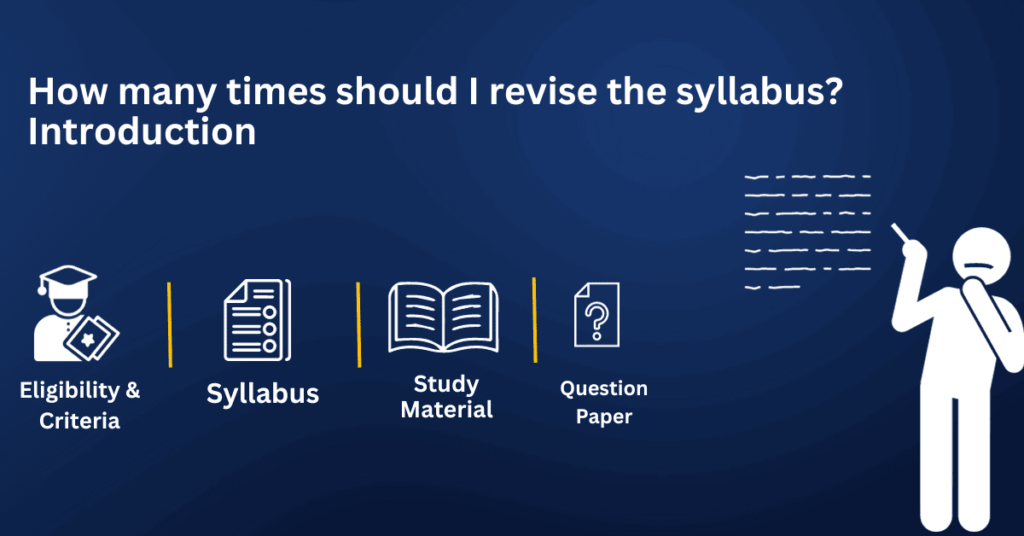
Overview
Sky Tutorials is a renowned coaching institute in Varanasi that specializes in preparing students for competitive exams like NEET, IIT-JEE. Their expert faculty and comprehensive study material have helped students achieve their dreams of getting into top medical and engineering colleges.
If you are looking for the best NEET coaching in Varanasi, Sky Tutorials should be your top choice. Their NEET coaching program is designed to cover all aspects of the syllabus, provide regular tests and assessments, and ensure that students are well-prepared for the exam. The faculty at Sky Tutorials is experienced and dedicated to helping students achieve their goals.
In addition to NEET coaching, Sky Tutorials also offers JEE coaching, , and other programs to help students excel in their academic pursuits.
Sky Tutorials – Best NEET Coaching in Varanasi | JEE Coaching
Looking for the best NEET coaching in Varanasi? Look no further than Sky Tutorials. Our expert faculty, comprehensive study material, and regular tests and assessments ensure that our students are well-prepared for the exam. We also offer JEE coaching, Olympiad coaching, and other programs to help students excel in their academic pursuits.
Introduction
How often should students change their coursework is a continuous question. While there is no one solution that works for everyone, learning success depends on maintaining the correct balance between review and comprehension. This blog post will look at some of the elements that can influence how many review cycles are best for the course of study.
1. Recognizing the Value of Revision
A crucial step in the learning process is revision. It improves information combining, memory retention, and subject-matter comprehension. It is difficult to remember material for a long time without review. However, the amount and frequency of revision changes from person to person and is influenced by a number of variables.
2. The subject’s challenges
The number of review rounds necessary is significantly influenced by how complicated the subject is. Simpler subjects might only need one revision, even more complicated topics might need several versions to fully understand. Identify how complex the subject is, and then modify your revision plan accordingly.
3. Individual learning preferences
Each student has a different way of learning. While some people may pick up concepts fast and need fewer modifications, others might take more practice in order to comprehend and recall the information. To make your revision plan more effective, determine your preferred learning style.
4. Time management
Your revising strategy may also be affected by time restrictions. You might need to focus on fewer review sessions or prioritize particular topics if you only have a short amount of time before an exam. Time management skills are essential for maximizing your revision process.
5. Exam proximity is a factor.
Your review schedule should also be determined by how close your exam or assessment date is. If your exam is coming up, you might need to revise more regularly and carefully. On the other side, you can space out your revising sessions if you have more time.
6. Choosing the Right Revision Frequency
Take into account each of these elements when you develop a customized review strategy to decide how frequently you should revise your curriculum. To start, read the content through one more to get a basic comprehension. Then, based on your understanding, change the amount of additional revisions as necessary. You may monitor your progress and adjust your plan by regularly self-evaluating.
Conclusion
In conclusion, there is no set rule for how frequently to change a syllabus. It varies based on the subject, your learning preferences, the amount of time you have available, and how close the exam is. The secret is to strike a balance that suits you, ensuring that you can understand and remember the information well. Always keep in mind that successful revision involves both quality and quantity.

